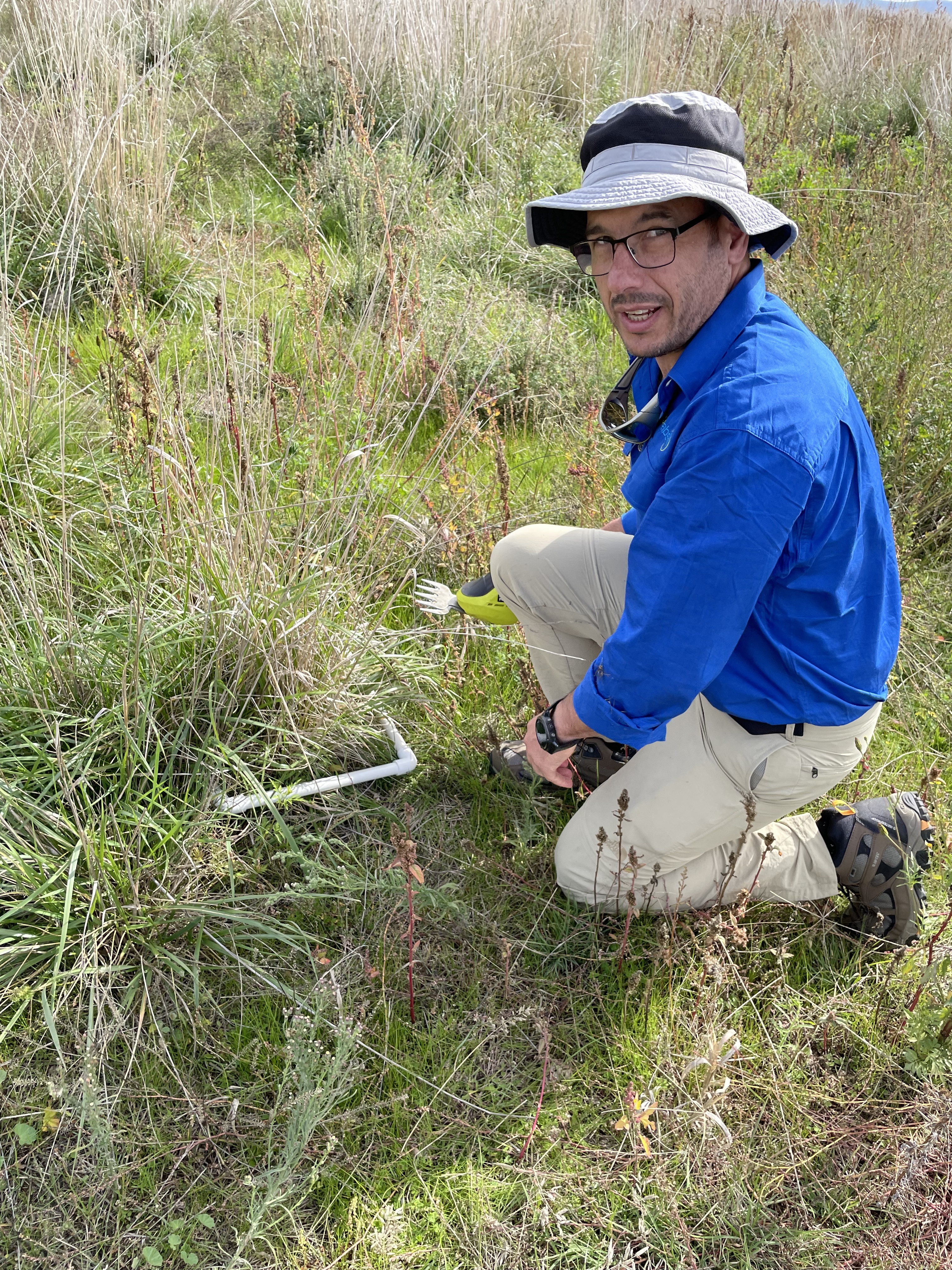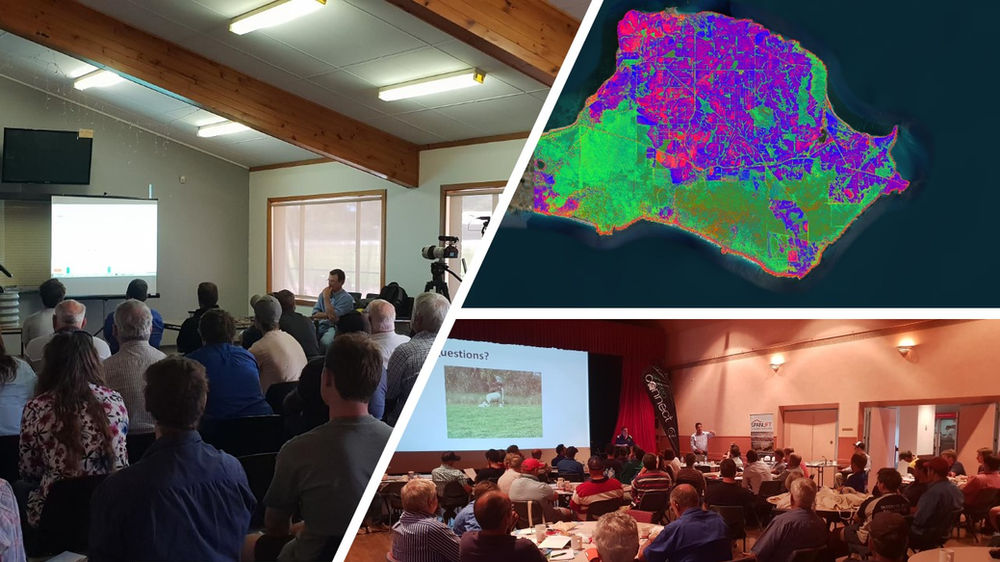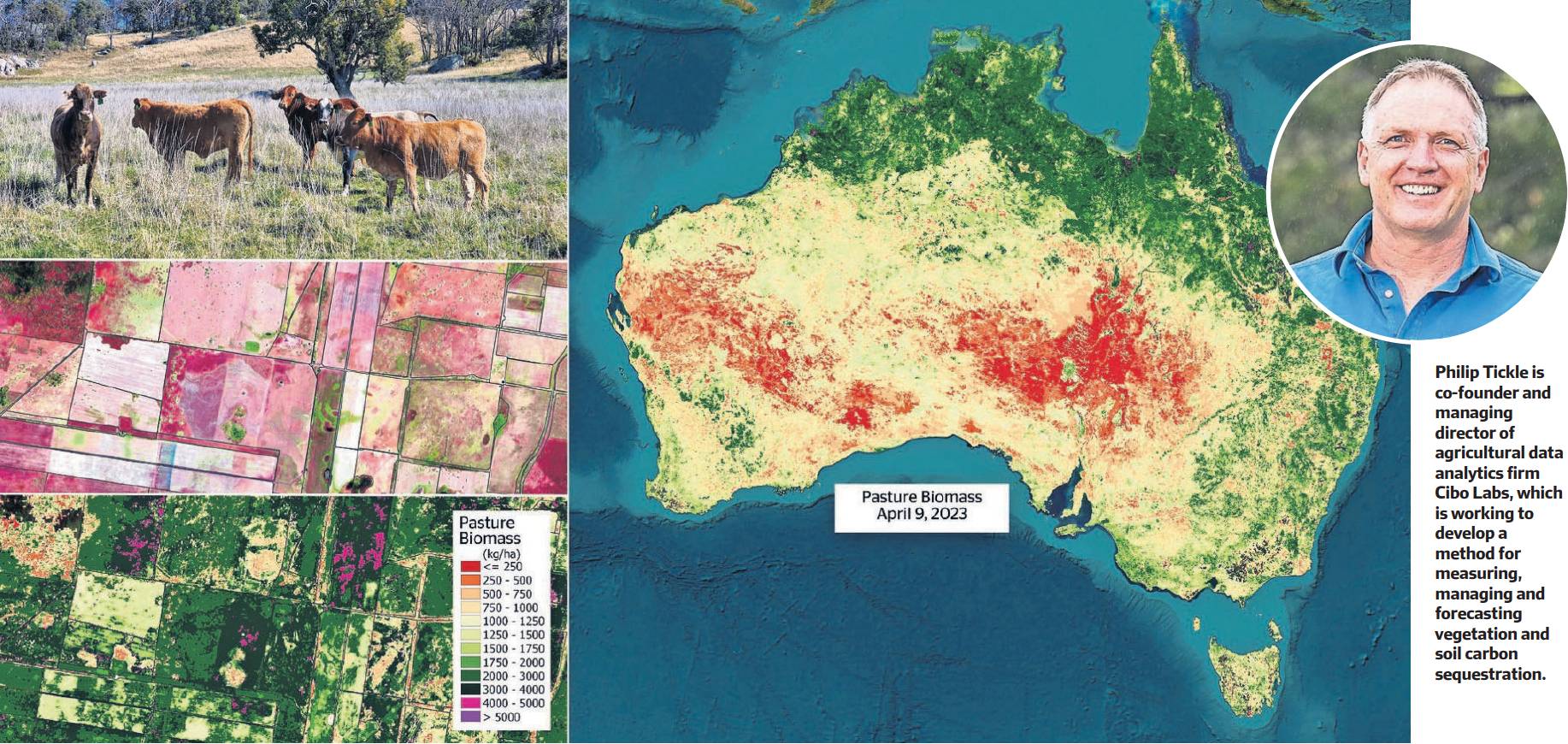From the Other Scientist - JP
At Cibo Labs, our mission is to support profitable farms and sustainable landscapes through cutting-edge science. One of the brilliant minds behind...
Here is the Financial Review article - CLICK HERE
Consumer behaviour is pushing businesses to look for ways to substantiate claims of sustainability as consumers increasingly choose environmentally friendly products over others.
Recent research shows eight out of 10 Australian consumers expect businesses to be doing everything they can to support environmentally friendly practices and four in 10 say they’ll stop purchasing from brands that don’t.
However, amid a crackdown on so-called greenwashing by the Australian Competition and Consumer Commission, a majority (72 per cent) said they didn’t believe some brands were as environmentally friendly as they claimed. A further 56 per cent said they found the sustainability claims being made by organisations confusing.
Which means agricultural businesses are on the lookout for ways to improve on-farm management and to validate their animal health and welfare, social and environmental credentials.
Critical to that process is being able to access near-real-time data to support objective decision making, and to track that information through the food supply chain, says Philip Tickle, cofounder and managing director of agricultural data analytics business Cibo Labs.
The country’s biggest beef producer, Australian Agricultural Company (AACo), is one of the companies working with Cibo Labs and using the technology to enhance its work on grazing management, landscape carbon and natural capital. AACo properties occupy 6.5 million hectares of land, and remote sensing tools make a range of grazing land management decisions easier, quicker, more accurate and cheaper than traditional methods.
“Cibo Labs and AACo are also collaborating with other partners, Food Agility CRC, FLINTpro and Carbon Link to develop a method for measuring, managing and forecasting vegetation and soil carbon sequestration, which will enable the cattle company to model carbon flows through its estate in a way that has not been possible previously,” says Naomi Wilson, AACo’s head of environment and sustainability.
Paradigm Foods is another example of a major supplier that understands the benefits of transparency for consumers.
“We’ve been working with Paradigm Foods to support the verification of their Roots Regenerative grass-fed beef brand, which is the first Australian beef brand to gain USDA approval to be marketed as regenerative,’’ Tickle says.
‘‘Satellite monitoring of ground cover, pasture production and remnant vegetation management is being used to support producers to verify their sustainable and regenerative grazing management.’’
Founded in early 2018 to address the lack of adoption of satellite remote sensing technology into the grazing industry, Cibo Labs now services over 60 million hectares of individual paddock-level information on pasture biomass (kg/ha) and ground cover across Australia each week. It is launching into the US, South America and Europe later this year.
Using data from the European Space Agency and NASA, it has access to satellite imagery that’s capable of monitoring individual trees and the largest farms across Australia every week.
Thousands of ground truth sites, high-performance computing and machine learning
(ML) are used to predict how many kilograms of pasture there is in every paddock.
“ML is only as good as the data you collect on the ground. It’s a bit like your real-time Google traffic predictions, only for grass,” Tickle says.
“Our focus is on providing livestock producers with information about their pasture biomass, pasture quality, ground cover and land condition so they can set sustainable stocking rates across their enterprise and estimate how many grazing days they have available in each individual paddock at any time.
“We’ve also got the ability now to have farm information sitting behind a QR code on a meat package, which verifies the sustainable management practices of that farm.’’
While increasing productivity, profitability and sustainability through improved pasture management is the main impetus for the business, it has also evolved to support property valuations and provide productivity and sustainability benchmarking for producers.
“The banking sector is seeking to meet the fast-changing demands of environmental, social and governance [ESG], and the Taskforce on Nature Related Financial Disclosures,’’ Tickle says.
‘‘The path we’re on now is to help farmers be recognised for improving Australia’s natural capital and aligning property valuations and finance with the sustainability and productivity of their farms.’’
The technology also integrates with a range of other common farm software, such as Agriwebb, Pairtree, Farmbot, Ceres Tag, FLINTpro and others. It allows producers to have information in one place, saving time and creating greater efficiencies and better decisions.

At Cibo Labs, our mission is to support profitable farms and sustainable landscapes through cutting-edge science. One of the brilliant minds behind...

Here at Cibo Labs, we're already focused on harnessing advanced satellite technology and artificial intelligence specifically tailored for...

Naracoorte and Jamestown workshops. And a Fractional Cover image over Kangeroo Island A big thanks to Ian McFarland (PIRSA), and...

Cibo Labs was recently invited to present at the Advance Ag Conference in South Australia - convened by the SA Government (PIRSA). Around 300...

Just in transit home from a big week of the MLA Red Meat 2018 Digital Forum. The forum provided a fantastic platform for about 20 of...
